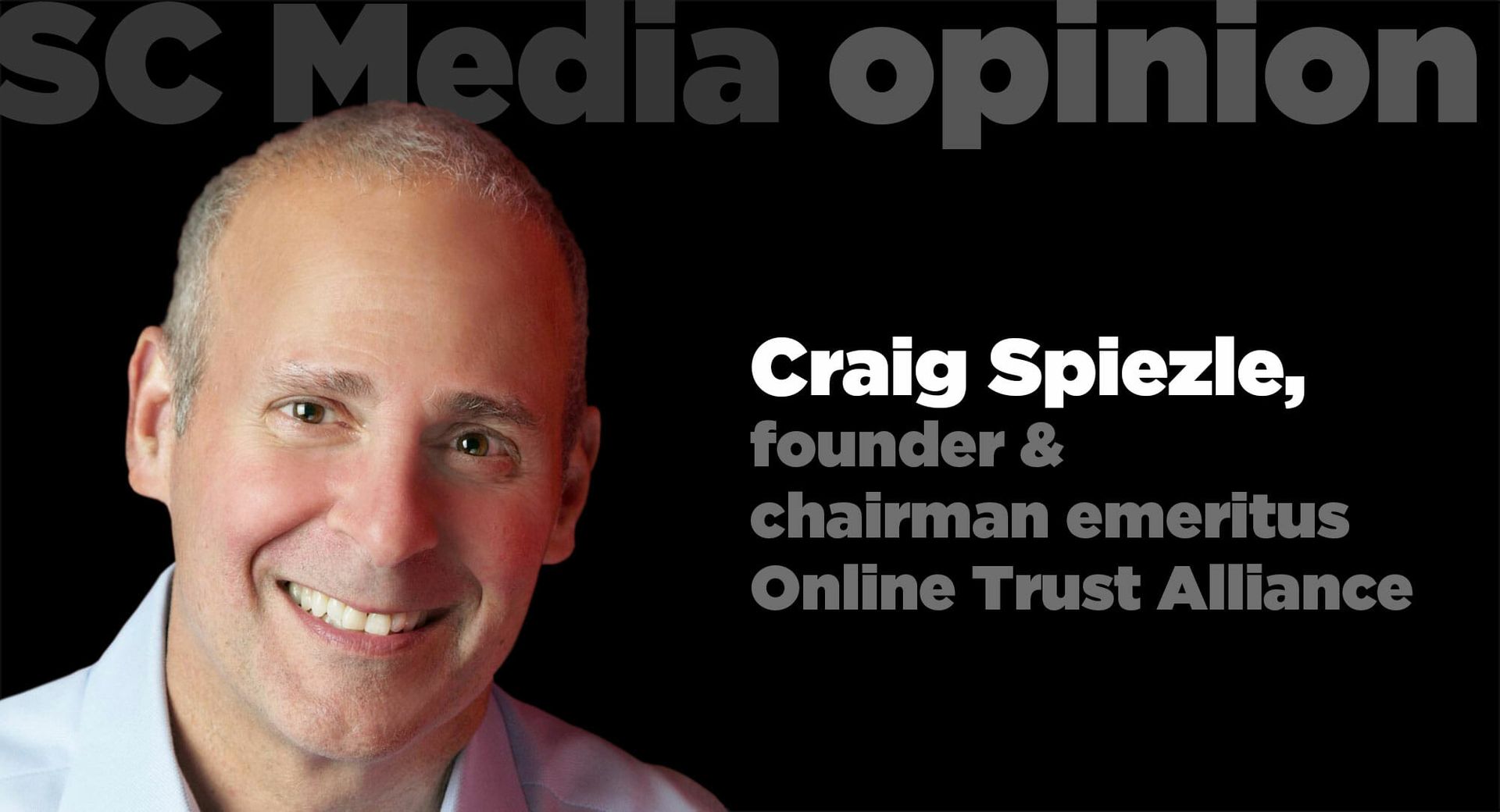On the ABC show “What Would You Do”, the show captures how people react when witnessing ethically challenging situations. Do they follow their moral compass and step up and say something or do they remain silent and “step away”? I suggest in today’s world where business interests all too often outweigh users’ rights and privacy; every employee has a responsibility to step up and be heard.

From Facebook’s ongoing privacy debacles to T-Mobile, AT&T, and Sprint selling location data to bounty hunters, one has to wonder why more employees do not come forward and raise the alarm? While we can chide executives for such transgressions, what about the rank and file employee who blindly follow their leaders. By remaining silent are these employees complicit or powerless?
The book “Bad Blood” provides a riveting overview of the deception by Elizabeth Holmes, the founder of Theranos. She has become the “poster child” of what can go wrong when what be characterized as when “well-intended” innovation gives way to profits and egos even when the safety of consumers are placed at risk. This deception only came to light as a result of the courage of an employee, who in spite of legal threats, went public. Disappointingly this employee noted that nearly everyone in the company was aware of the deception, yet most remained silent. Under pressure most employees signed a separation agreement and moved on.
Realistically the ability of the majority of employees objecting and calling out such practices is not simple or black and white. For some it may be the herd mentality. Everyone is doing it so it must be OK and why rock the boat. The fear of repercussions including a demotion, being fired and/or the loss of stock options worth millions is an incentive to keep quiet. For others they recognize the risk of being labeled as a troublemaker can cause long-lasting reputation challenges to their career. The safest action is often to keep quiet, quit and move on.
Looking back on my career I was faced with a moral dilemma over 20 years ago. My employer exercised a licensing contract clause which significantly impacted pricing leaving customers with no choice or options. While sales and marketing teams were assured this change was legal, I wondered if it was fair or ethical. I quickly heard of the financial impact it was causing PC manufactures. Due to the timing and their inability to adjust pricing, many realized operating losses. While I did not think it was right, I never voiced a concern. If I had I am pretty sure I would have been shown the door. What would you do?
The Role of Employee Activism
Fast forward to today we need to ask how can we make a cultural change and encourage employee activism? Social networks are now providing a conduit and rallying point for employees. Recently Google employees stood up raising concerns on the use of providing AI technology for potential weaponization. Over 3,000 employees signed a petition urging the CEO to pull out of a Pentagon contract. Google heard the message loud and clear, creating ethical guidelines for AI and established a “responsible innovation team”.
Others are joining the party. Last year Apple embraced privacy as a competitive differentiator, stating that privacy is a fundamental human right and called for increased data ethics. Microsoft followed announcing ethical principles for facial recognition, yet are now facing an employee petition regarding the use of their AI technologies being weaponized by the U.S. government. For now Microsoft appears to be placing profits above these ethics. Time will tell if this is the right direction.
Conduits and
Incentives
These employee efforts are to be commended but more needs to be done to give employees
a voice without fear of retribution. One solution might be as simple as an 800-phone
line or website for whistle blowers. Ideally such claims can be elevated to the
stature and workplace harassment and environmental abuses. The EPA and US
Department of Labor have such programs providing not only confidentiality and anonymity,
but also provide protection from retaliation. If all else fails there is the option the
employee at Theranos took, reaching out to an investigative reporter to expose
the practices.
Perhaps, if such conduits were established for data privacy and AI, we will realize a change. Ideally, they would serve as a “third rail” to help keep companies in check and prevent abuses. For organizations the public pressure and risk of regulatory scrutiny would act to curtail such practices.
Questions to Validate Your Moral Compass
- Is your business practice transparent and clear to your customers and consumers or is it hidden in a convoluted policy document that might be perceived as constructed to obfuscate the details?
- Do users have a real option or does your market dominance created an asymmetry of power?
- What segment(s) of society can be impacted and what is the long-term impact of your practices?
- Are you taking a US centric or global view?
- If 60 Minutes were to run an investigative story on your organization’s practice, what would your parents or children say?
- How would you justify these actions to your next employer?
Let’s champion those that come forward and shine the light on not only wrongs but also companies who are taking the high road. Society is on the cusp of realizing massive potential and exciting opportunities in AI, but only if their practices are ethically rooted and industry and governments are transparent and held accountable.
We all have a role to play including stepping up and making our voices heard. Considering the power of big data and AI, stepping away is no longer an option. What will you do?
Craig Spiezle is the Managing Director, Agelight Digital Trust Advisory Group, Founder & Chairman Emeritus Online Trust Alliance



